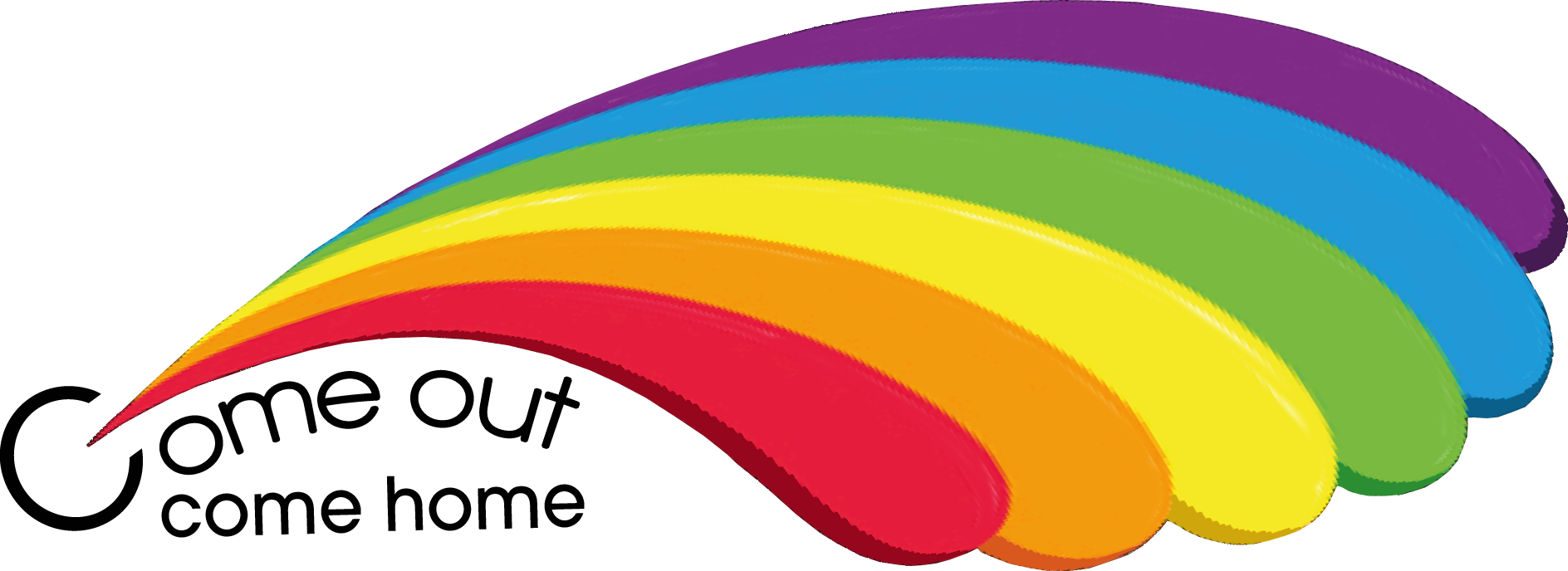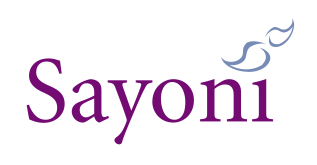“As long as you’re not gay, it doesn’t matter if you volunteer to help them.”
That was the response I got in April last year when I decided to come out to an older relative about being a volunteer and advocate for gay women’s rights.
My first thoughts were, “What’s wrong with being gay? What if I was? Does it really matter? Should it?” But then I thought I should be glad that my relative was considered relatively open about what I had just told him already and I should be glad he didn’t object to it or threaten to tell someone (my parents) and forbid me from participating.
Being gay in Singapore is tough enough. We don’t need people making it difficult for gay-affirmative friends and family to be open about our beliefs. It’s like punishing the children who stand up for the kids being bullied – who will be left to defend victims of bullying and hatred if allies are shamed as well?
I want to be clear though. Gay people aren’t a helpless cause-of-the-moment segment of the population. Gay people don’t need your help as condescending “allies”. Gay people don’t actually need help. What gay people need and should have is equal and fair treatment and rights, instead of being denied them because of who they love. And to get there, they need the support of more people, regardless of orientation, to convince the uninformed majority that there is a problem here and the problem is discrimination, not fornication.
As a Catholic who grew up in a traditional, conservative family (as so many of us did), it’s been particularly difficult for me to be a gay rights advocate. I’ve not told my immediate family about my involvement with Sayoni because I am afraid of how they would react. Some friends I’ve told have said I’m weird for supporting such a cause. Such reactions are especially disappointing and can discourage similar gay-affirmative people from speaking out on important issues.
I became more involved with advocating gay rights when some of my older, more traditional (now ex-)colleagues started talking about how they think gay people are sick and need to be fixed. Many of my close friends are gay and it sickened me to hear people describe them that way. At that moment I felt the need to speak up and defend gay people, but I was outnumbered in a professional situation and decided to keep mum.
That’s when I realized I wanted to do something about the oppressive anti-gay culture in Singapore and started becoming involved with Sayoni. I spoke out about gay people and their rights to my traditional, straight friends who weren’t gay-affirmative. I want people everywhere to know that being gay doesn’t define a person. Saying “I’m gay” should have the same value as saying “I’m Chinese” or “I’m a guy”. And it should make no difference in your assessment or impression of that person.
My dream is to one day live in a world where your race, sexual orientation or gender doesn’t even have to be declared because either way it wouldn’t make a difference. We’re a long way from that utopia, but with friends and allies, I’m sure we’ll get there slow, yet surely.”


 www.sayoni.com
www.sayoni.com




